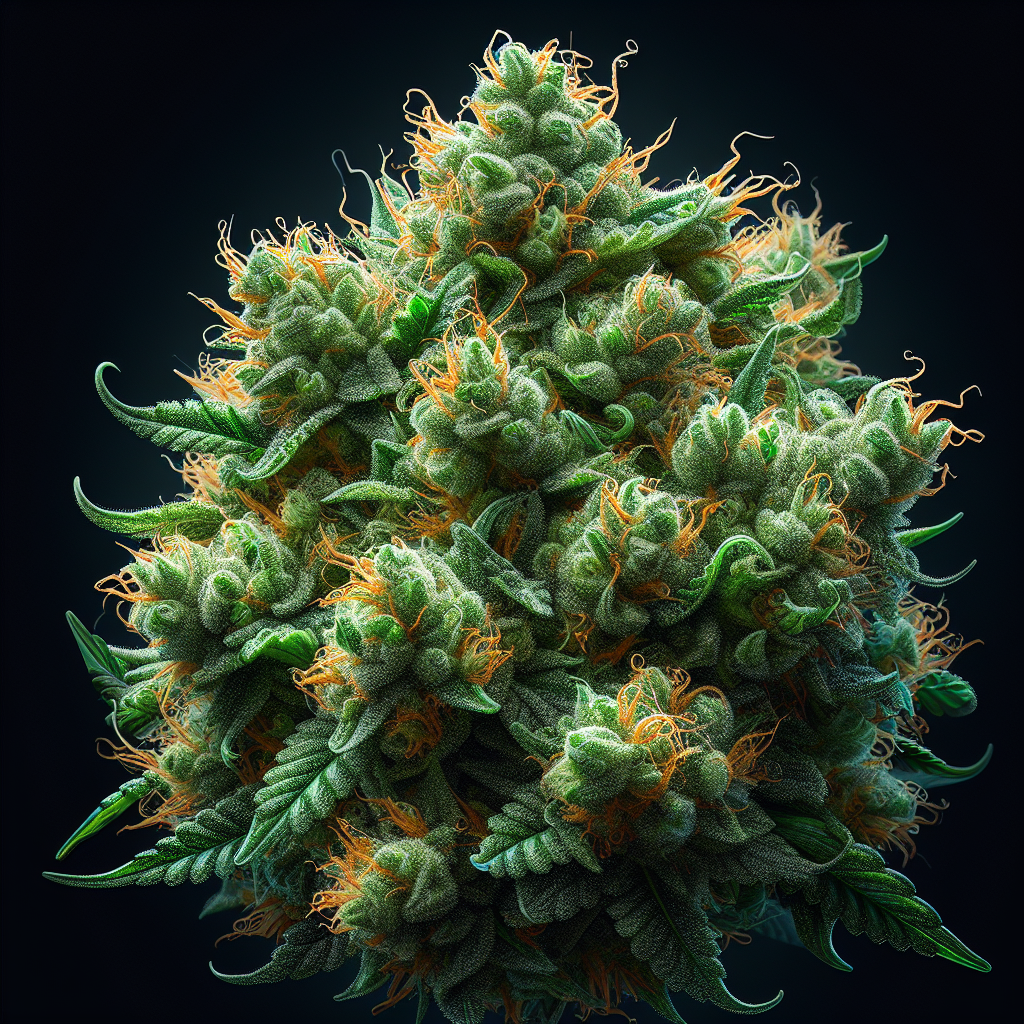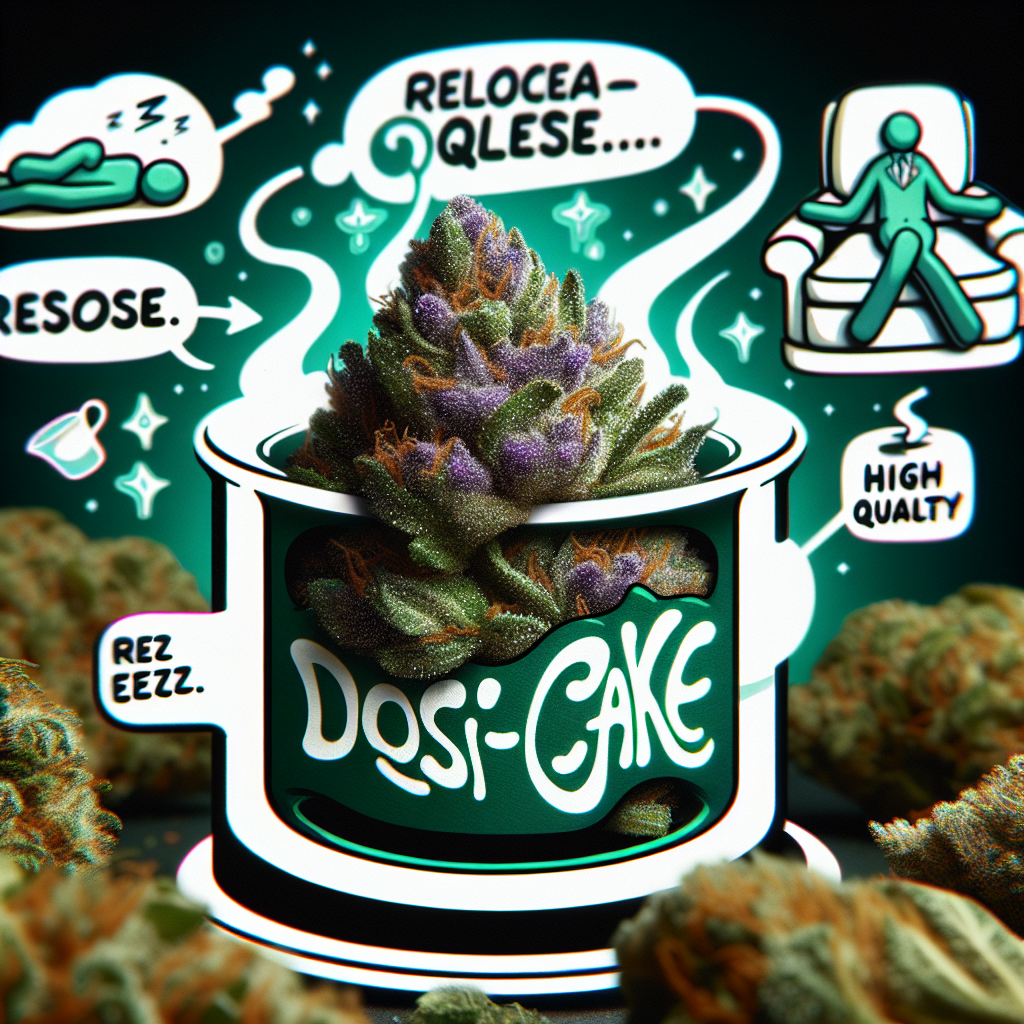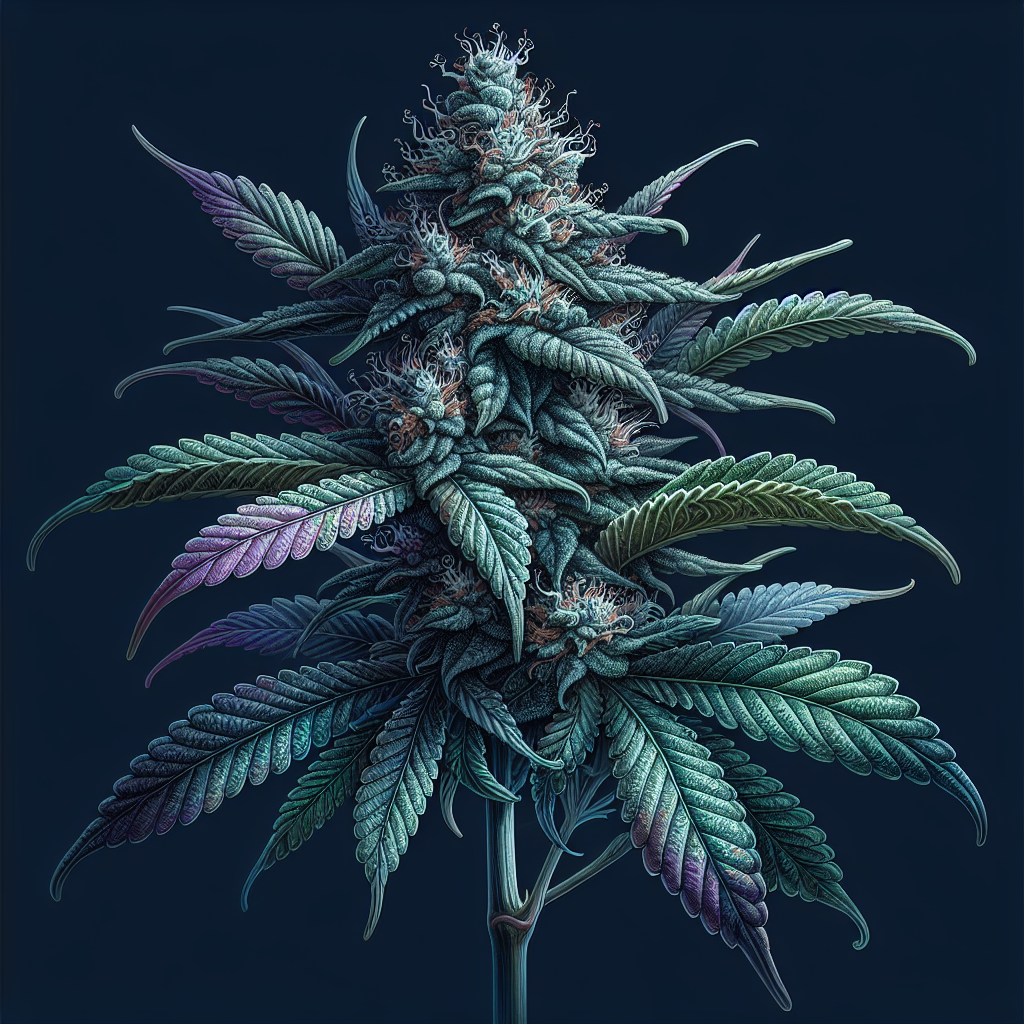High Hopes: Exploring the Benefits of Cannabis for Aging Gracefully
As we journey through life, the notion of aging brings with it a cocktail of emotions—wisdom, nostalgia, and occasionally, apprehension. However, as societal attitudes toward aging shift and the tides of culture change, a new perspective on aging is emerging. One of the most intriguing developments in this realm is the increasing acceptance of cannabis as a means to promote wellness, alleviate discomfort, and enhance the overall quality of life for older adults. This article serves as a deeper exploration into how cannabis can play a vital role in helping us embrace the golden years with vigor and grace.
The Changing Perception of Cannabis
Historically, cannabis has been stigmatized and often associated with negative stereotypes. However, in recent years, a wave of research and advocacy has transformed its image. Legislative changes across many states and countries have paved the way for cannabis to be recognized not just as a recreational indulgence, but as a powerful medicinal plant. This shift is particularly significant for aging populations, who often face unique health challenges and are seeking natural and holistic solutions.
Understanding Cannabis: A Brief Overview
Before diving into its benefits, it’s essential to understand what cannabis is and how it works in the body. Cannabis is derived from the Cannabis sativa plant, which contains over 100 chemical compounds known as cannabinoids. The two most well-known cannabinoids are tetrahydrocannabinol (THC) and cannabidiol (CBD).
- THC is the psychoactive component that produces the “high” associated with marijuana. However, it also offers various medicinal benefits, including pain relief and appetite stimulation.
- CBD, on the other hand, is non-psychoactive and has gained popularity for its therapeutic effects without the mind-altering effects of THC. It’s known for its potential to alleviate anxiety, inflammation, and a variety of other ailments.
As we explore the benefits of cannabis for aging gracefully, it’s important to note the relevance of both THC and CBD, either in isolation or in combination.
1. Pain and Inflammation Relief
One of the most frequently cited uses of cannabis among older adults is for pain and inflammation relief. Many seniors experience chronic pain conditions such as arthritis, neuropathy, and lower back pain. Traditional analgesics can come with their own set of side effects and risks, especially for older adults who may be on multiple medications.
Cannabis has been found to be effective in reducing discomfort associated with these chronic conditions. Studies show that both THC and CBD can help modulate pain signals in the brain and reduce inflammation. This natural approach to pain management is appealing to many older adults seeking alternatives to opioids or NSAIDs, which can be harsh on the body and carry risks of dependency.
2. Enhancing Sleep Quality
Another common issue faced by older adults is sleep disturbances, which can arise due to various reasons, including health conditions and hormonal changes. Poor sleep can exacerbate other health problems, leading to a cycle of discomfort and fatigue.
Cannabis, particularly strains high in CBD, has shown promise in promoting better sleep. Research suggests that it may help individuals fall asleep faster, improve sleep quality, and reduce instances of waking during the night. For older adults, achieving restorative sleep is crucial for maintaining cognitive function and overall well-being.
3. Reducing Anxiety and Depression
Mental health is a critical component of aging gracefully, yet anxiety and depression are prevalent among older adults. Whether due to the loss of loved ones, health concerns, or social isolation, many seniors struggle with mental health challenges.
Cannabis has been studied extensively for its potential to alleviate symptoms of anxiety and depression. CBD, in particular, has garnered attention for its ability to interact with serotonin receptors in the brain, promoting feelings of calmness and well-being. By incorporating cannabis into their wellness routines, many seniors have found respite from the emotional turmoil that can accompany aging.
4. Stimulating Appetite
As we age, maintaining a healthy diet can become more challenging due to diminished appetite, changes in taste perception, or health-related issues. Malnutrition and weight loss can have significant negative impacts on overall health, leading to further complications.
Cannabis has long been known for its ability to increase appetite—a phenomenon often referred to as “the munchies.” This effect is particularly beneficial for older adults who need to ensure they are getting enough nutrients. THC has been studied for its appetite-stimulating properties, making it a potential ally for seniors looking to maintain a healthy weight and nutrition.
5. Supporting Cognitive Function
There’s an inherent fear of cognitive decline associated with aging. Conditions like dementia and Alzheimer’s can be terrifying. While research is still emerging, some studies suggest that certain compounds in cannabis could play a role in supporting cognitive function.
Cannabinoids have neuroprotective properties, suggesting that they may help protect the brain from damage and promote neurogenesis (the creation of new neurons). While cannabis is not a cure-all for cognitive decline, it may offer support in maintaining cognitive health as we age.
6. Assisting with Mobility and Muscle Control
Mobility issues can significantly affect the quality of life for seniors. Conditions like Parkinson’s disease and multiple sclerosis can cause muscle stiffness and tremors, making daily activities challenging.
Cannabis has been shown to benefit muscle control and movement. THC can provide muscle-relaxing effects, while both THC and CBD have anti-inflammatory properties that can help alleviate pain and improve mobility. Many seniors have reported that using cannabis has made activities like walking or stretching more manageable, allowing them to maintain their independence.
7. Fostering Social Connections
Social engagement is vital for emotional and mental well-being in older adults. However, many seniors face isolation due to mobility issues, loss of loved ones, or other factors. Cannabis can serve as a social facilitator, allowing for shared experiences and connections.
Whether it’s partaking in a cannabis-infused meal with friends or joining a community group that focuses on responsible cannabis use, the plant can help open doors to new social opportunities. This connection can lead to increased happiness and fulfillment, adding to the overall grace of aging.
Navigating Safe Consumption
As exciting as these benefits are, it’s essential for older adults to approach cannabis consumption with care and consideration. Here are some tips for navigating safe usage:
-
Start Low, Go Slow: For those new to cannabis, beginning with a low dose and slowly increasing as needed is essential. This approach helps to identify the right dosage without overwhelming the system.
-
Choose the Right Product: Various methods of consumption exist, from edibles and tinctures to topicals and flowers. Choosing the right delivery method suits individual preferences and medical needs. A healthcare provider knowledgeable in cannabis can provide guidance.
-
Seek Professional Advice: For older adults considering cannabis for medical purposes, consulting with a healthcare professional familiar with cannabinoid medicine is key. They can help navigate appropriate dosages and strains while considering potential interactions with other medications.
- Stay Informed: The cannabis landscape is rapidly evolving, with new research and products emerging constantly. Staying informed about developments can help users make educated choices regarding their consumption.
Conclusion
Aging is an inevitable part of life, but it doesn’t have to signify a decline in quality. With the right tools and perspectives, such as the incorporation of cannabis into daily routines, older adults can navigate their golden years with high hopes and vibrant health. From pain relief and enhanced sleep to cognitive support and social connection, the benefits of cannabis for aging gracefully are compelling and deserving of attention.
As society continues to move toward a broader acceptance of cannabis and its multifaceted benefits, we can anticipate a future where aging is not seen merely as an inevitable decline, but as an opportunity for continued vitality and enjoyment.
FAQ Roundup
1. Is cannabis safe for older adults?
Yes, cannabis can be safe for older adults when used responsibly and under the guidance of healthcare professionals, considering individual health conditions and medications.
2. How do I choose between THC and CBD?
The choice between THC and CBD depends on individual health needs. THC is often more effective for pain relief but may be psychoactive, while CBD is non-intoxicating and can help with anxiety and inflammation. Consulting a healthcare provider can help determine the best option.
3. What are the best methods for consuming cannabis?
There are various methods to consume cannabis, including smoking, edibles, oils, capsules, and topical applications. The best method depends on personal preference, health goals, and comfort level.
4. Can cannabis help with sleep issues?
Yes, many older adults report improvements in sleep quality and duration when using cannabis, particularly strains or products higher in CBD.
5. Will cannabis interact with existing medications?
Cannabis can interact with certain medications, so it’s crucial to discuss usage with a healthcare provider to avoid adverse effects.
6. How can I find quality cannabis products?
Quality cannabis products can be found through licensed dispensaries that adhere to regulatory standards. It’s essential to research products, look for lab-tested options, and consult with knowledgeable staff.
7. Are there any side effects to using cannabis?
While many people benefit from cannabis, potential side effects can include dizziness, dry mouth, and altered mental state. Starting with lower doses can help mitigate side effects.
8. Can I use cannabis if I don’t want to get high?
Yes! CBD-dominant products are non-psychoactive and can provide many health benefits without the “high” associated with THC.
The road to aging gracefully is illuminated with promising habits and practices. As cannabis continues to be embraced positively, older adults have the tools they need to make their journey a fulfilling one, packed with high hopes and vibrant health.




